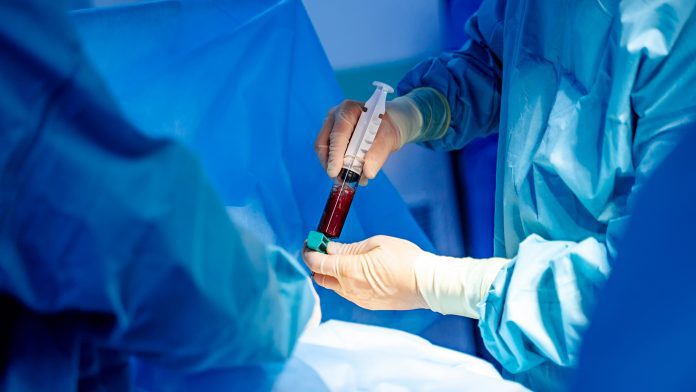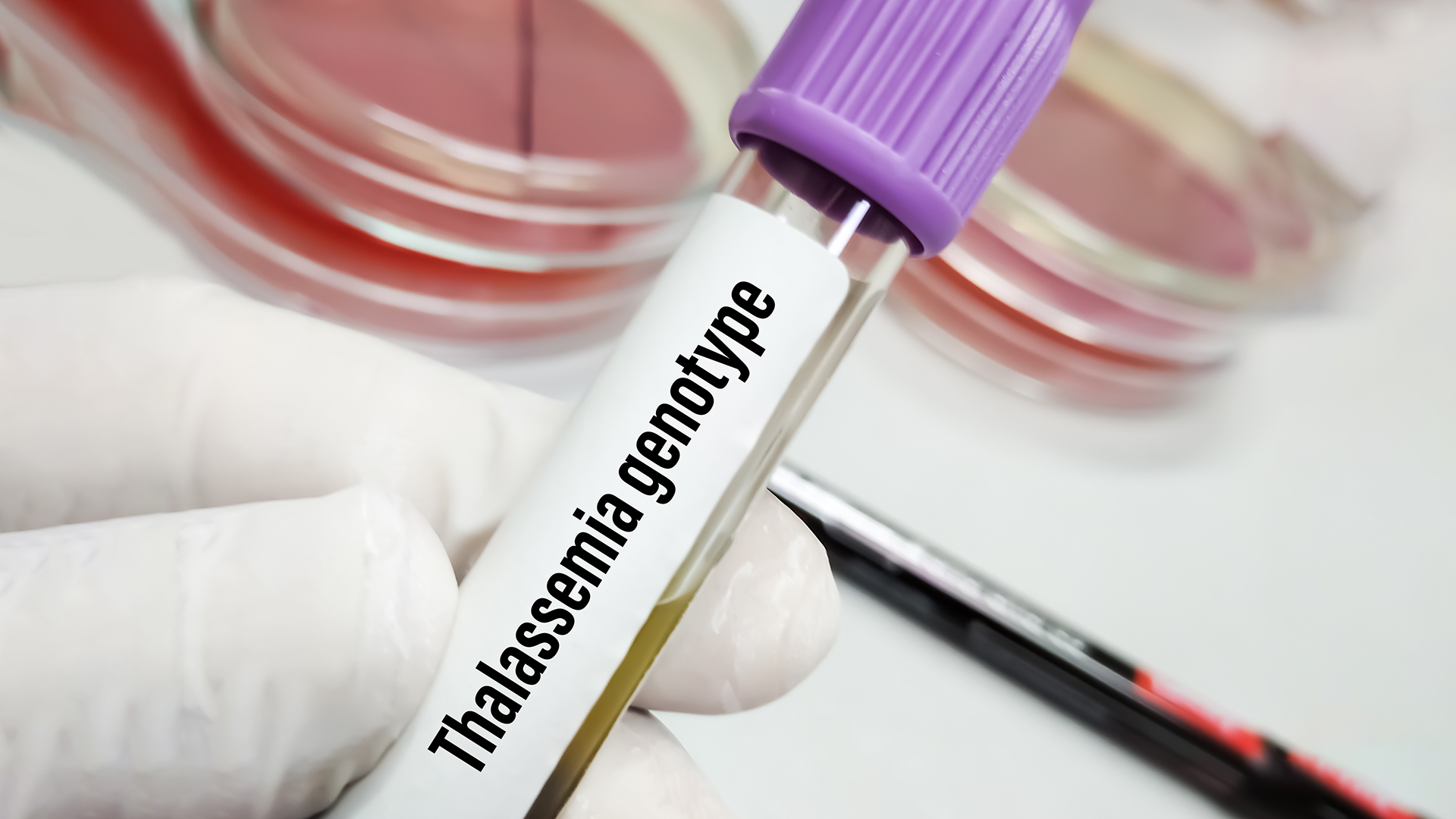
The NHS has announced the provision of stem cell transplants for adult patients battling severe inherited blood disorders, particularly thalassaemia.
Stem cell transplants are a transformative treatment that holds the promise of curing thalassaemia and sparing patients from lifelong reliance on frequent blood transfusions.
Professor Sir Stephen Powis, NHS England Medical Director, explained the significance of the treatment: “Expanding the availability of stem cell transplants to adults living with thalassaemia is another vital step forward to help change the lives of those living with this deeply debilitating condition.
“Thalassaemia can be an incredibly painful condition with difficult symptoms for patients as well as the impact on their heart, liver and bones, and it’s fantastic that offering this evidence-based curative stem cell treatment can now offer new hope to help significantly improve patient’s quality of life.”
What is thalassaemia?
Thalassaemia, a rare genetic disorder disrupting haemoglobin production, plunges individuals into a cycle of severe anaemia and profound exhaustion. The current standard of care mandates blood transfusions every two to four weeks for survival, significantly impinging upon patients’ quality of life.
It’s estimated that over 600 adults in the UK are living with transfusion-dependent thalassaemia, a severe manifestation of the condition that was historically fatal in childhood.
Among the 2,281 individuals registered on the National Haemoglobinopathy Registry in the UK, including 1,332 aged 18 and above, a significant number could benefit from this pioneering stem cell transplant.

Thalassaemia is notably prevalent among Southern European, Middle Eastern, South American, Caribbean, Asian, and South East Asian communities in the UK.
By offering access to this revolutionary treatment, the NHS aims to address health disparities and mitigate the impact of this condition on marginalised communities.
How stem cell transplants will revolutionise treatment for the condition
The NHS decision marks the first time funding for curative stem cell transplants, specifically allogeneic haematopoietic stem cell transplant (Allo-HSCT), for adult thalassaemia patients.
This procedure involves substituting a patient’s bone marrow stem cells with those from a compatible sibling donor. Administered intravenously, these stem cells aid in reinstating healthy blood cell production within the recipient.
Previously confined to paediatric patients due to potential complications among adults, recent advancements in transplant treatments, including improved medications for pre-, during, and post-transplant care, have paved the way for extending this life-altering therapy to eligible adult thalassaemia patients.
The introduction of stem cell transplants for adult thalassaemia patients on the NHS signifies a momentous stride towards equitable healthcare access and life-changing therapeutic interventions for those grappling with this challenging blood disorder.









